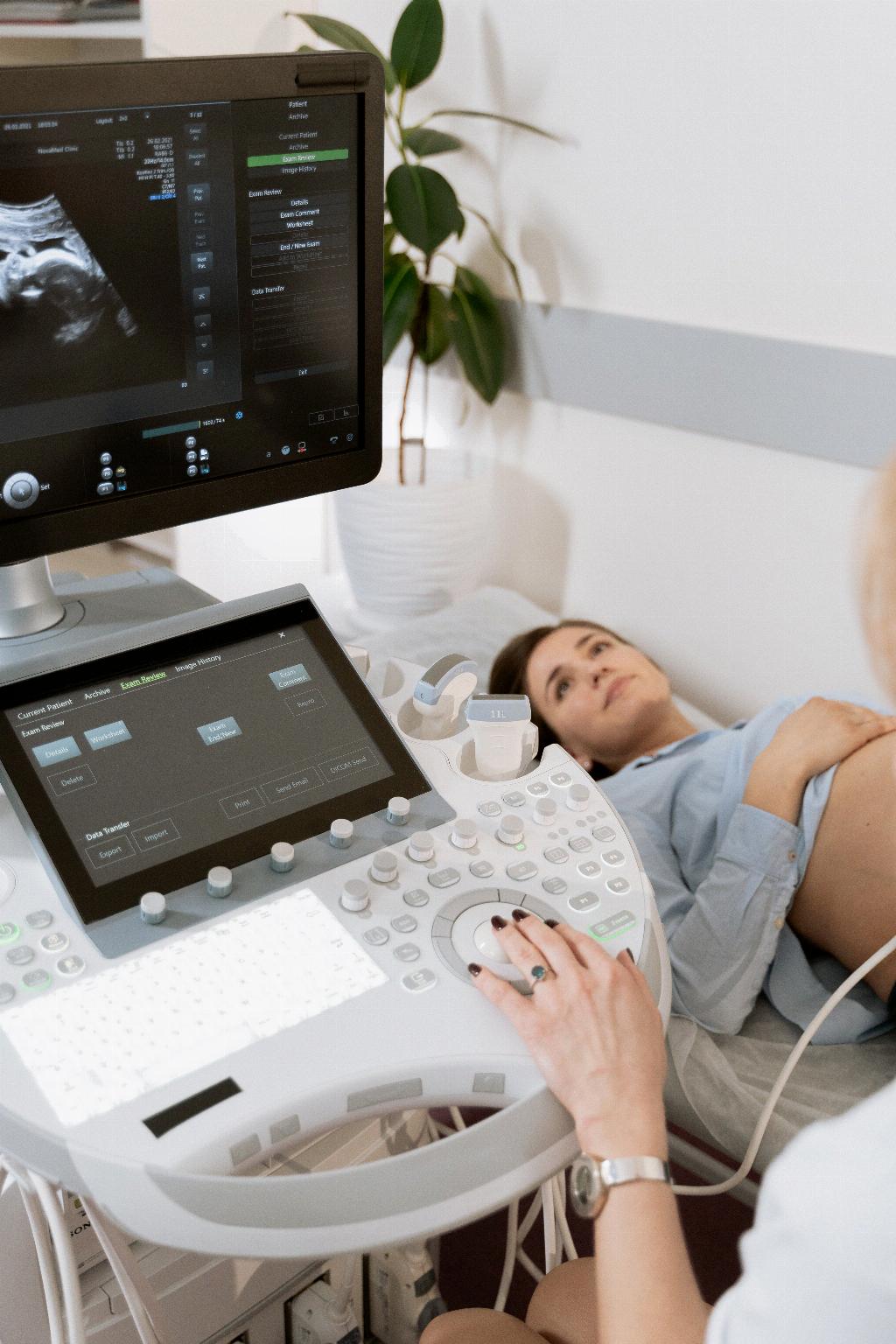When it comes to determining the validity of a pregnancy test, accuracy is key. Pregnancy tests are designed to detect the presence of the hormone hCG in a woman’s urine, which is produced by the placenta shortly after a fertilized egg attaches to the uterine lining. It’s essential to follow the instructions provided with the test to ensure reliable results.
Accurate Results
Most home pregnancy tests have a high level of accuracy, typically around 99%. This means that if the test is used correctly, it will provide a reliable result in the vast majority of cases. The accuracy of these tests is comparable to those performed in a doctor’s office, making them a convenient and accessible option for many women.
Factors Influencing Accuracy
While pregnancy tests are generally reliable, certain factors can influence their accuracy. For example, taking the test too early in the pregnancy or not following the instructions properly may lead to false results. It’s important to wait until the appropriate time to take the test and to carefully read and follow the guidelines provided.
Timing of Testing
The timing of when you take a pregnancy test can significantly impact its validity. Most tests recommend waiting until after you have missed your period to ensure the most accurate results. Testing too early can result in a false negative, as the hCG levels may not be high enough to detect at that stage.
Types of Pregnancy Tests
There are different types of pregnancy tests available, including digital tests, strip tests, and midstream tests. While the method of testing may vary, the principle remains the same – detecting hCG in the urine. Some tests may be more sensitive than others, offering earlier detection of pregnancy.
False Results
While false positives are rare, false negatives can occur for various reasons. In addition to testing too early, certain medications or medical conditions can also affect the accuracy of the test. If you receive a negative result but suspect you may be pregnant, it’s advisable to consult with a healthcare provider.
Confirming Results
If you receive a positive result on a home pregnancy test, it’s recommended to follow up with a healthcare provider for confirmation. They may perform a blood test or ultrasound to verify the pregnancy. On the other hand, if you receive a negative result and still believe you are pregnant, seeking medical advice is crucial.
Emotional Impact
It’s important to acknowledge the emotional impact that taking a pregnancy test can have. Whether you’re hoping for a positive or negative result, the outcome can evoke a range of emotions. Seeking support from loved ones or a healthcare professional can help navigate this significant moment.
Considerations for Accuracy
Ensuring the validity of a pregnancy test involves carefully considering all factors that can influence its accuracy. From the timing of testing to following instructions meticulously, every detail matters in obtaining reliable results. Being informed and proactive in the testing process is key.
Final Thoughts
Pregnancy tests are a valuable tool for women to determine their pregnancy status with a high level of accuracy. By understanding the factors that affect the validity of these tests and taking the necessary precautions, individuals can obtain reliable results and make informed decisions about their reproductive health.

